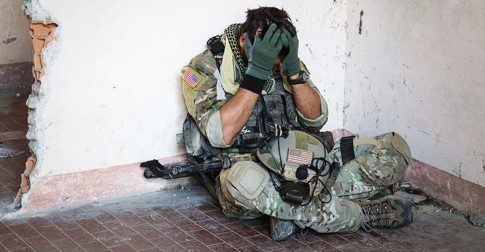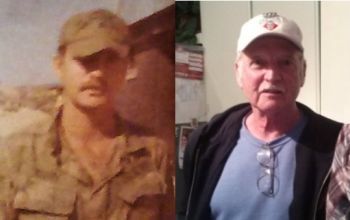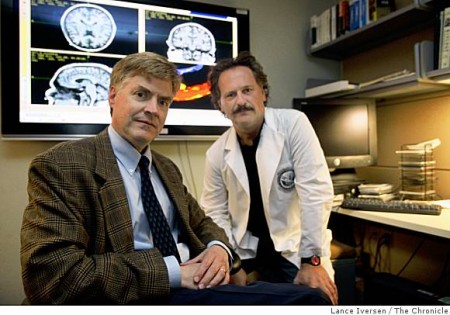
There are two kinds of courage in war – physical courage and moral courage. Physical courage is very common on the battlefield. Men and women on both sides risk their lives, place their own bodies in harm’s way. Moral courage, however, is quite rare.
According to Chris Hedges, the brilliant New York Times war correspondent who survived wars in Latin America, Africa, the Middle East and the Balkans, “I rarely saw moral courage. Moral courage is harder. It requires the bearer to walk away from the warm embrace of comradeship and denounce the myth of war as a fraud, to name it as an enterprise of death and immorality, to condemn himself, and those around him, as killers. It requires the bearer to become an outcast. There are times when taking a moral stance, perhaps the highest form of patriotism, means facing down the community, even the nation.”
More and more U.S. soldiers and Marines, at great cost to their own careers and reputations, are speaking publicly about U.S. atrocities in Iraq, even about the cowardice of their own commanders, who send youth into atrocity-producing situations only to hide from the consequences of their own orders.
In 2007, two brilliant war memoirs – ROAD FROM AR RAMADI by Staff Sergeant Camilo Mejia, and THE SUTRAS OF ABU GHRAIB by Army Reservist Aidan Delgado – appeared in print. In March 2008, at the Winter Soldier investigation just outside Washington D.C., hard-core U.S. Iraqi veterans, some shaking at the podium, some in tears, unburdened their souls.
Jon Michael Turner described the horrific incident in which, on April 28, 2008, he shot an Iraqi boy in front of his father. His commanding officer congratulated him for “the kill.” To a stunned audience, Turner presented a photo of the boy’s skull, and said: “I am sorry for the hate and destruction I have inflicted on innocent people.”
The Winter Soldier investigation was followed by the publication of COLLATERAL DAMAGE: AMERICA’S WAR AGAINST IRAQI CIVILIANS, by Chris Hedges and Laila Al-Arian. Based on hundreds of hours of taped interviews with Iraqi combat veterans, this pioneering work on the catastrophe in Iraq includes the largest number of eyewitness accounts from U.S. military personnel on record.
The Courage to Resist
We cannot understand the psychological and moral significance of military resistance unless we recognize the social forces that stifle conscience and human individuality in military life. Gwen Dyer, historian of war, writes that ordinarily, “Men will kill under compulsion. Men will do almost anything if they know it is expected of them and they are under strong social pressure to comply.” “Only exceptional people resist atrocity,” writes psychiatrist Robert Lifton.
How much easier it is to surrender to the will of superiors, to merge into the anonymity of the group. It takes uncommon courage to resist military powers of intimidation, peer pressure, and the atmosphere of racism and hate that drives all imperial wars.
Silencing the Witnesses to War
Read moreWelcome Home, Soldier: Now Shut Up













